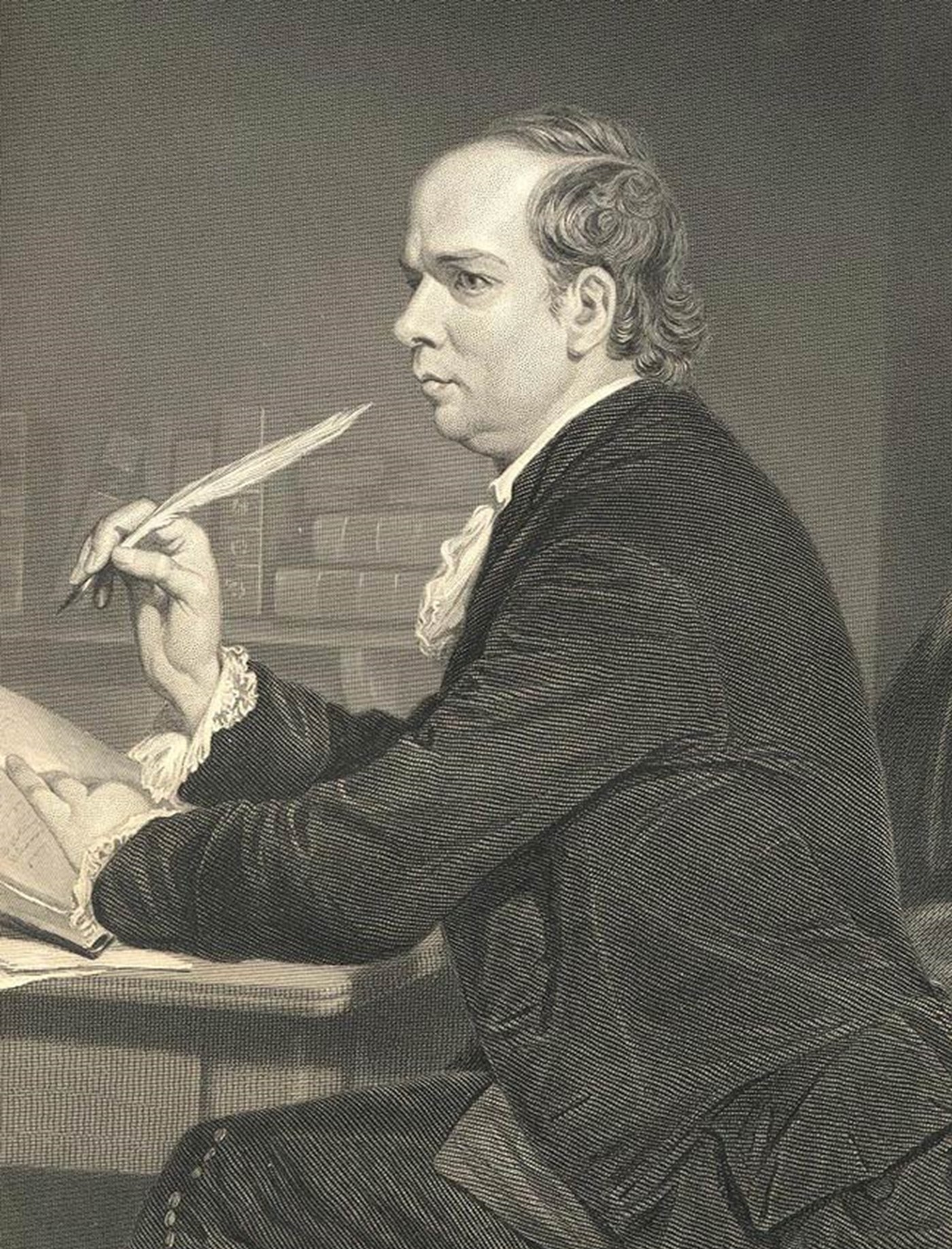Oliver Goldsmith, an esteemed Irish writer, poet, and physician, made indelible contributions across a spectrum of literary genres. He’s known for his literary contributions in various genres, including plays, essays, novels, and poetry. Among his most renowned creations are the play “She Stoops to Conquer” and the novel “The Vicar of Wakefield.” He had a distinctive style marked by wit, humor, and sentimentality. Goldsmith was also a prominent figure in London literary circles during the 18th century, associating with Samuel Johnson, Edmund Burke, and Joshua Reynolds. Despite his significant contributions to literature, he faced financial struggles throughout his life and was known for his generosity, often giving away money he didn’t have. His works often bore reflections of his personal experiences, and he demonstrated a remarkable ability to depict human nature with profound insight and empathy. This talent for portraying the intricacies of the human condition endows his works with timeless relevance, ensuring their enduring appreciation and study within the realms of English literature.
Born: 10 November 1728. The location of his birthplace is also uncertain.
Education: Goldsmith entered Trinity College, Dublin, in 1744 under the guidance of his tutor, Theaker Wilder. In 1747, due to involvement in a riot aimed at storming the Marshalsea Prison, he and four other undergraduates faced expulsion from the institution. Despite this setback, he managed to graduate in 1749 with a Bachelor of Arts degree. His pursuit of medical studies then led him to the University of Edinburgh, where he remained from 1752 to 1755.
Literary movement: The Club or The Literary Club, formed in February 1764, was a gathering of eminent intellectuals, writers, and artists in London. Founded by Joshua Reynolds and Samuel Johnson, it served as a hub for lively discussions, debates, and camaraderie among its members. The club’s gatherings, often held in taverns or members’ homes, provided a platform for intellectual exchange and conviviality, attracting luminaries such as Edmund Burke, Oliver Goldsmith, and others who shaped the cultural and literary landscape of the time.
Notable works: Oliver Goldsmith produced several notable works across various genres, showcasing his versatility as a writer. Goldsmith’s works are characterized by their humane outlook, humor, and keen observations of society. His writing style often combines sentimentality with wit, making his works enduring classics in English literature. Some of his most renowned works include:
“The Vicar of Wakefield”: Subtitled A Tale, Supposed to be written by Himself. It was written from 1761 to 1762 and published in 1766. It was one of the most popular and widely read 18th-century novels among Victorians. This novel, a domestic tale, follows the misfortunes and triumphs of the Primrose family. It’s celebrated for its charm, moral lessons, and portrayal of rural life.
“She Stoops to Conquer”: Initially titled “Mistakes of a Night,” first performed in London in 1773. A comedic play that satirizes the complexities of social class, misunderstandings, and romantic entanglements. It’s noted for its humor and witty dialogue. The play has seen multiple film adaptations, notably in 1914 and 1923. Additionally, in 1778, John O’Keeffe wrote a loose sequel, Tony Lumpkin in Town. One notable aspect of the play is its contribution to the common English phrase: “Ask me no questions and I’ll tell you no lies,” which is depicted as ‘fibs’ within the play.
“The Deserted Village” (1770): A poignant poem reflecting on the effects of rural depopulation due to industrialization. It mourns the loss of traditional rural life and laments societal changes.
“The Citizen of the World” (1762): A series of fictional letters written by a Chinese traveler observing English society. It’s a satirical work critiquing various aspects of 18th-century British life.
“The Good-Natur’d Man” (1768): A comedy that premiered at Covent Garden Theatre in the same year 1786 with Mary Bulkley starring as Miss Richland. It came out around the same time as Hugh Kelly’s “False Delicacy,” performed at Drury Lane Theatre.
Horace Walpole attributed the epithet “inspired idiot” to him because of the fusion of his literary prowess with his unconventional and dissolute way of life.
Goldsmith’s untimely passing in 1774 might have been influenced by his misdiagnosis of a kidney infection. His final resting place is at Temple Church in London.
